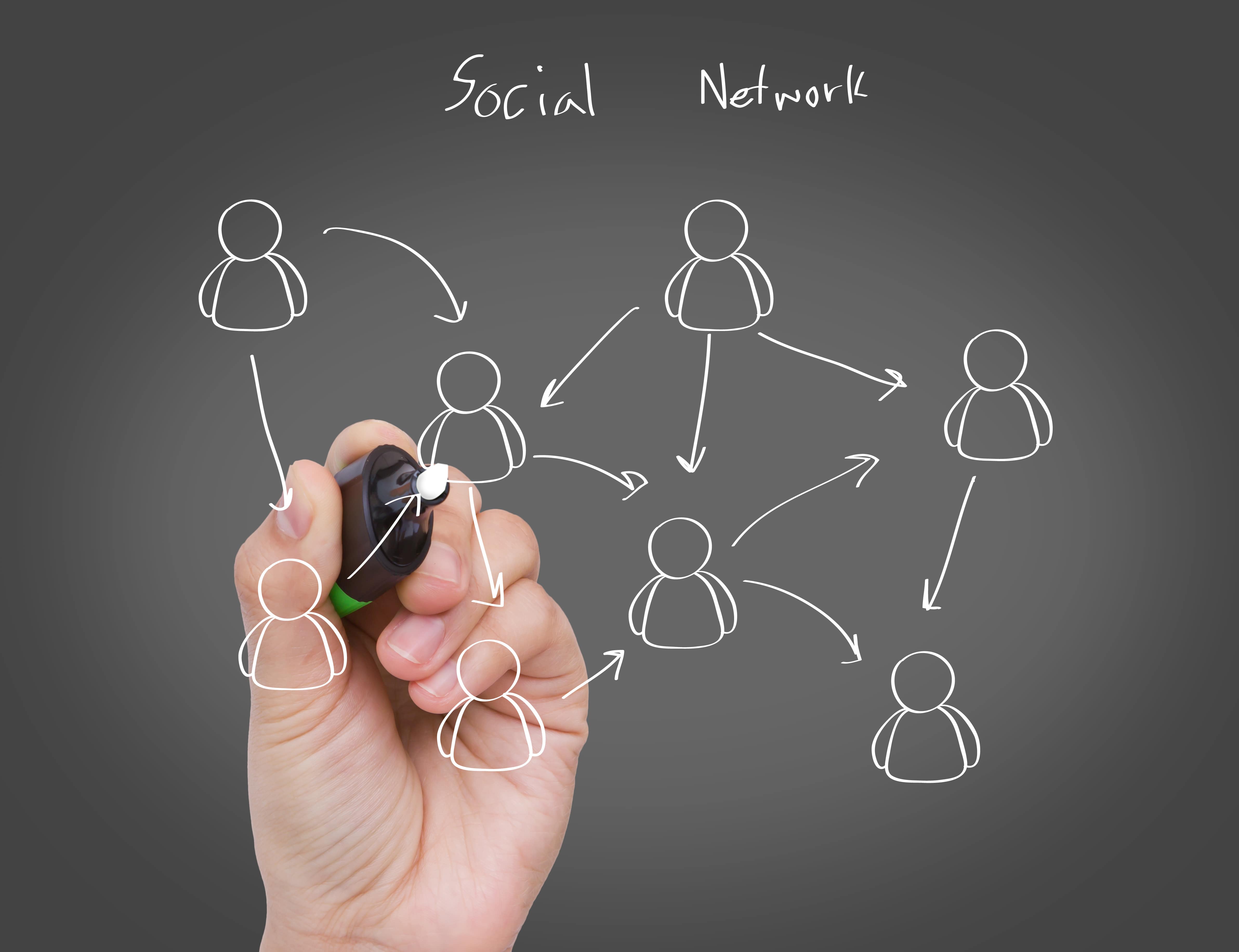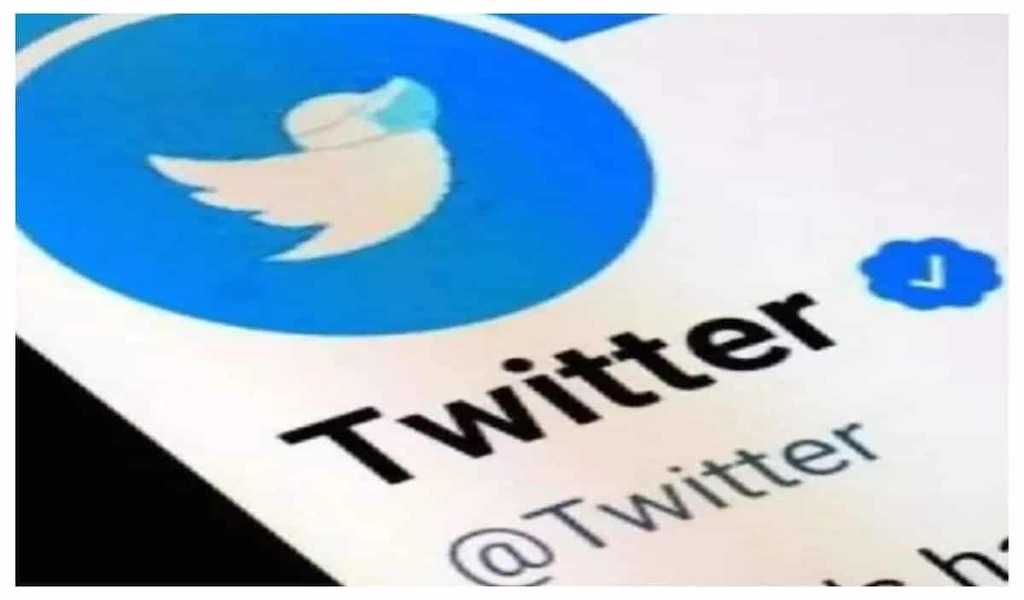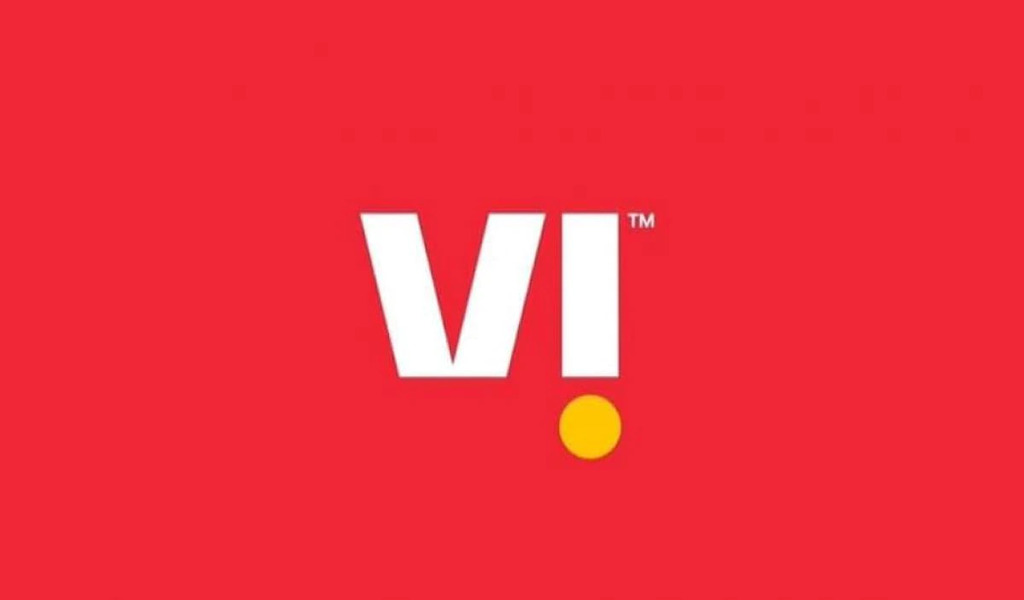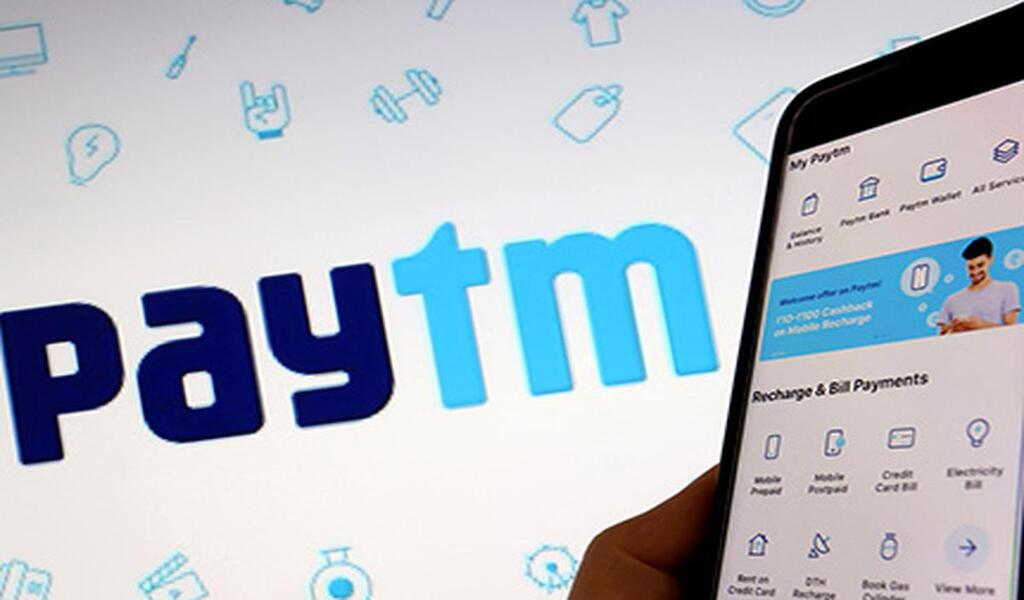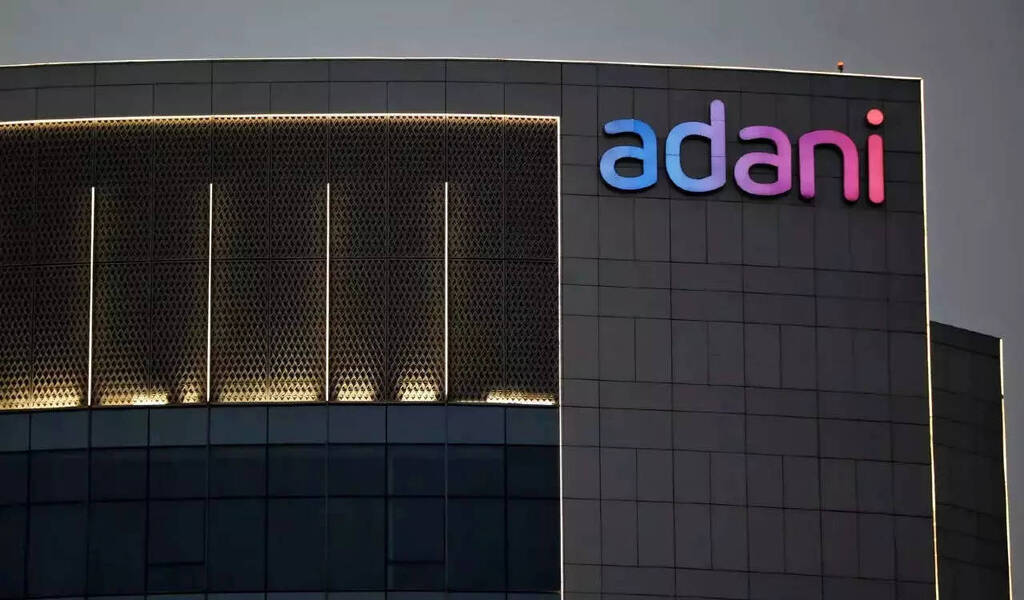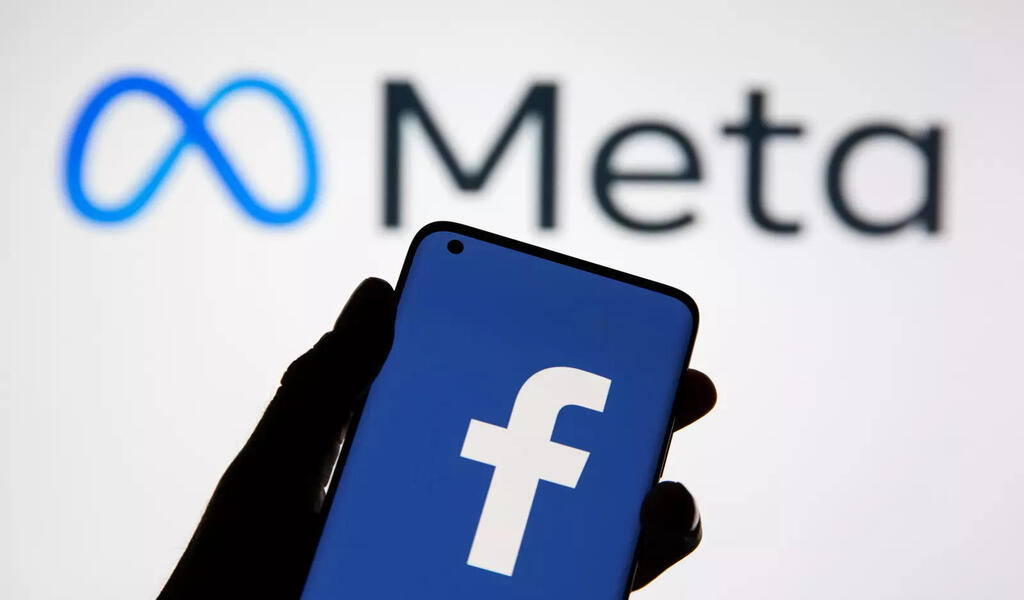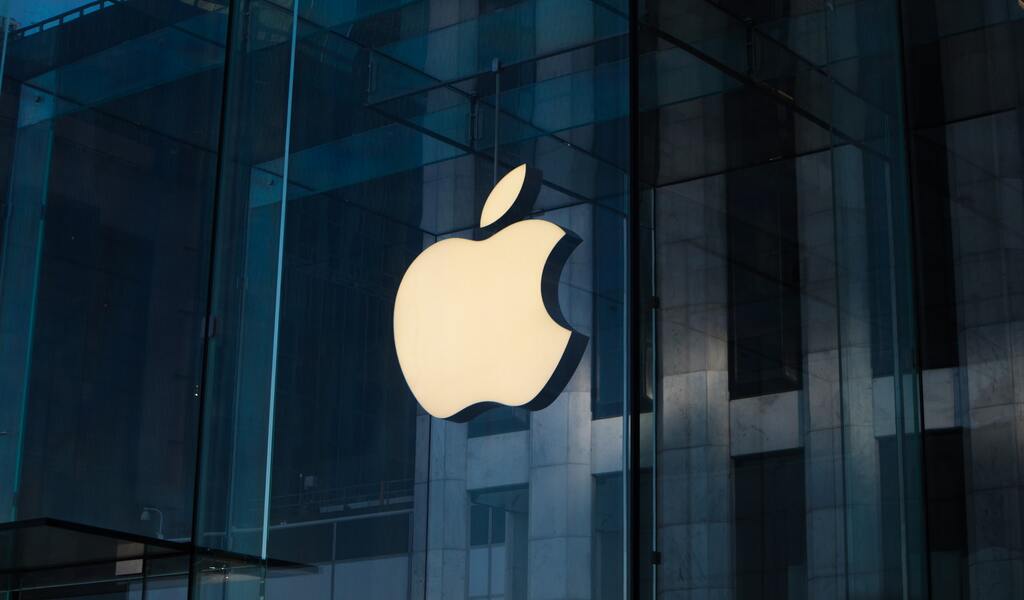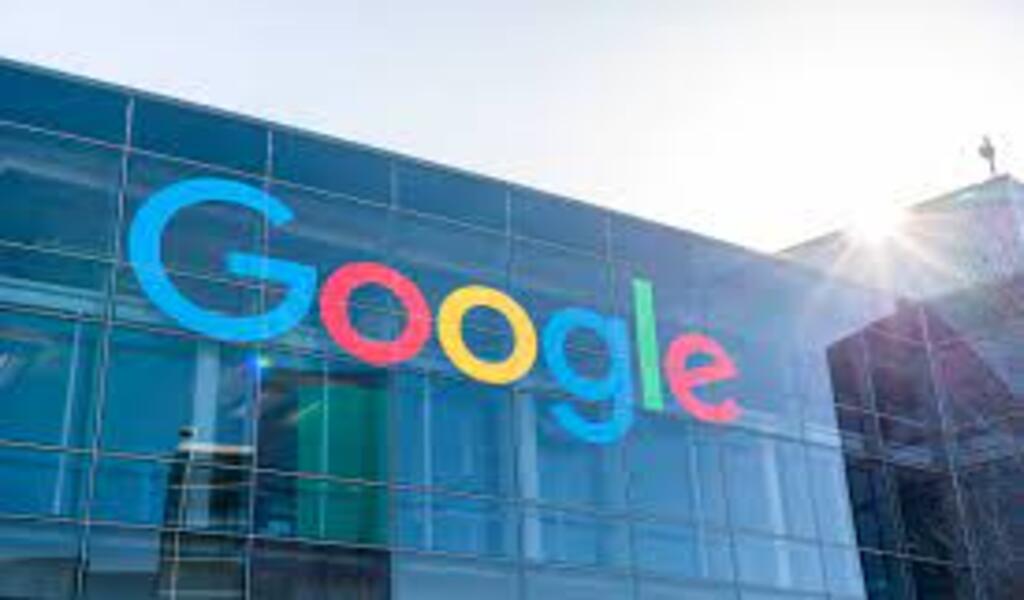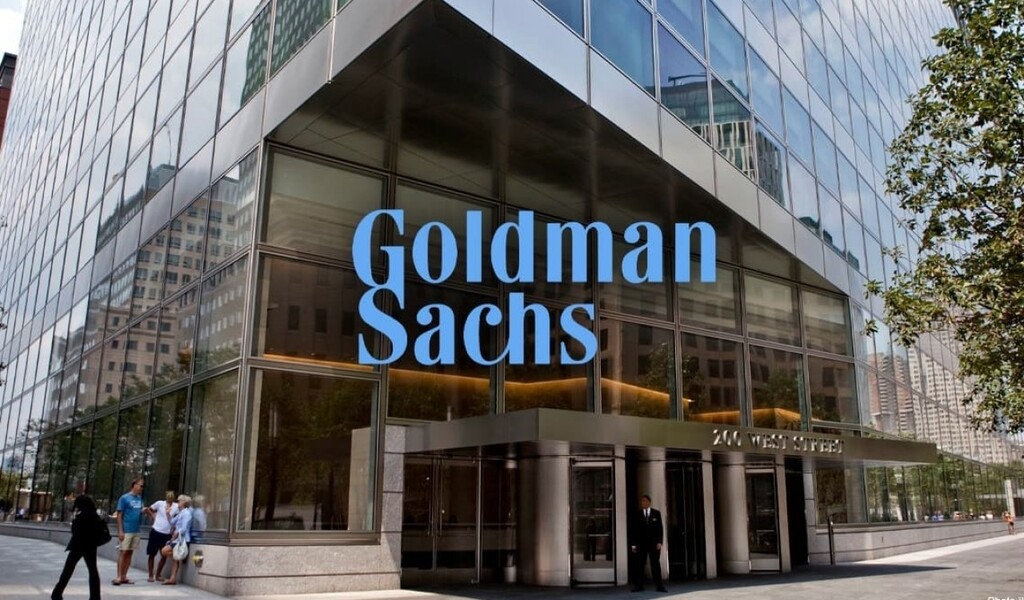Role of Social Media in Politics
Have you ever wondered about the usefulness of social media networks for reaching out and communicating with individuals? If you're not into it yet, maybe you're missing out somewhere. The significance of social media platforms that have contributed to an unparalleled transformation in the electoral gambit process has shifted the dimension of Indian politics. Over the years Indian politics has undergone a dramatic shift and its dependence on social media to communicate with people has spiralled.
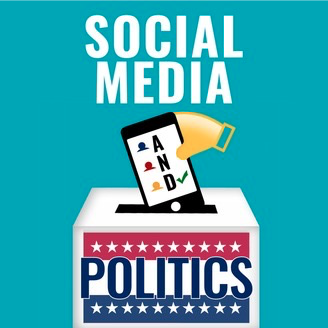
India is a diversified nation with a youth population of 40 percent of its total population, where they spend most of their time on social media sites. These figures prompted an idea that was used by the social media site to communicate with the youth for their agenda and political purposes to a large extent where Indian political parties were seen.
Young people in this genre are really involved in politics. Social media has become a forum from which you can share your individual opinions and influence the results. Social media has disrupted politics worldwide and the way candidates used to vote for their political election has completely changed its impact. Social media networks allow a medium for politicians and political parties to communicate directly with individuals around the nation at a lower cost and maximum scope than traditional media. In an effort to reach out to voters in our digital media maniac culture, lawmakers have embraced social media platforms. Previously, an outdated static website was used to support campaigns, promises and manifestos. In the middle of 2000, social media or social networking sites became popular, where campaigns started in an effort to exploit their power to reach voters.
Social networking is also promoting a new way that helps individuals to search and exchange knowledge, increasing their understanding. Social media has made it very easy in larger cities to turn street protests into a crusade. 2012 was the strongest example of an anti-corruption campaign in which a social activist received much needed support while crusading.
As per the survey report, around 40 per cent of youths (18-24 years) kept themselves updated about the political developments through at least one of the five social media platforms -- Facebook, Instagram, ShareChat, WhatsApp and Twitter.
Politicians have begun using social media to communicate with their audiences, and that has made it increasingly convenient for political parties and social movements to use social media platforms. Social media has fascinated this country, where it has been useful to extend the influence of more voters and mostly younger voters. Social media has yet another value, where you can predict the results of the election. In the rising field of social media studies, political campaigning has become a major focus. Researchers around the world have studied online political communication to identify how these political parties have managed to mobilise social media users by interacting on YouTube through social networks, blogs and videos.
CATEGORIES
- Digital Marketing
- Marketing
- Entertainment
- Medical
- Science and Technology
- Politics
- Sports
- Environment
- Campaign
- Interview
- Viral
- What's Trending
- Trending News
- Viral Videos
- Youtube Trends
- Social Media Ranking
- Twitter Trends
- Google Trends
- Top Politicians
- Top Cricketers
- Top Influencers
- Best Campaigns
- Google News
- News
-
 Oct 11, 2020
Oct 11, 2020SEO Content Writing Vs. SEO Copywriting:...
-
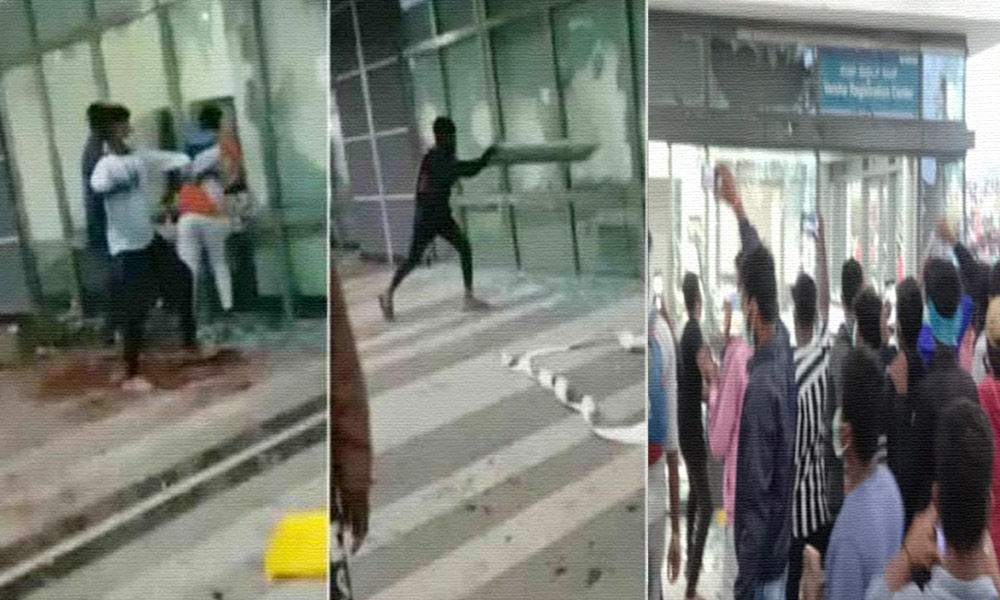 Dec 15, 2020
Dec 15, 2020#Karnatakaiphoneplantagitation: Workers...
-
 Dec 15, 2020
Dec 15, 2020#OLA Invests ₹2400 Crores For Our Futur...
-
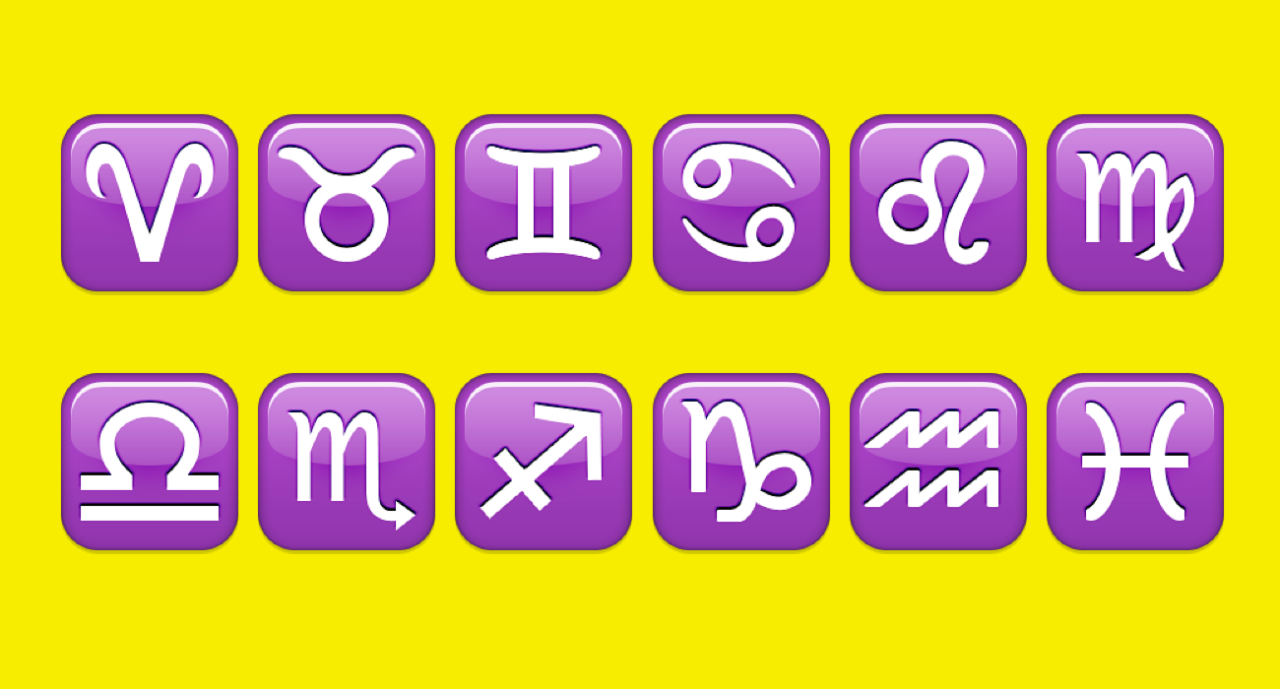 Dec 15, 2020
Dec 15, 2020#Snapchat Launches Astrology Profile
-
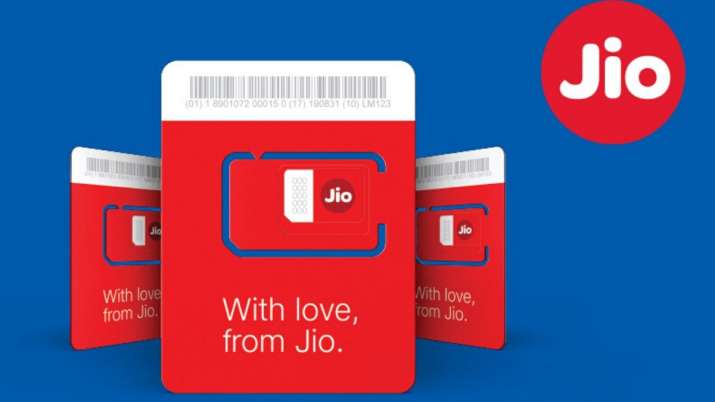 Dec 15, 2020
Dec 15, 2020Know Why #BOYCOTTJIOSIM Is Trending On S...
-
 Aug 01, 2023
Aug 01, 2023India's Chandrayaan-3 On Track For Lunar...
-
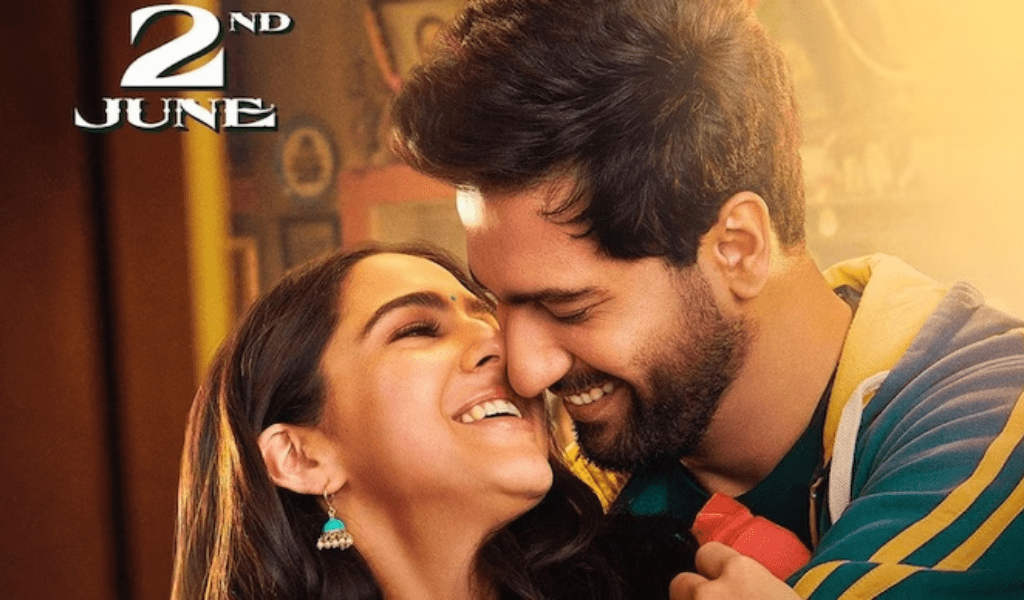 May 17, 2023
May 17, 2023Zara Hatke Zara Bachke Trailer Review(Ra...
-
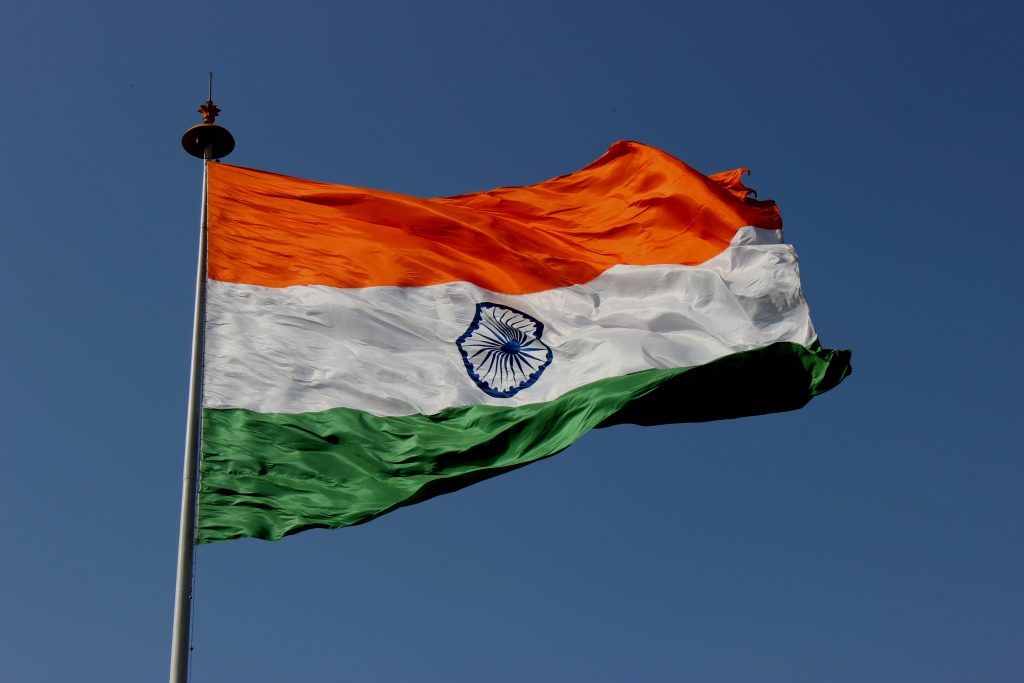 Aug 04, 2022
Aug 04, 2022'Har Ghar Tiranga' Campaign Created Stor...
-
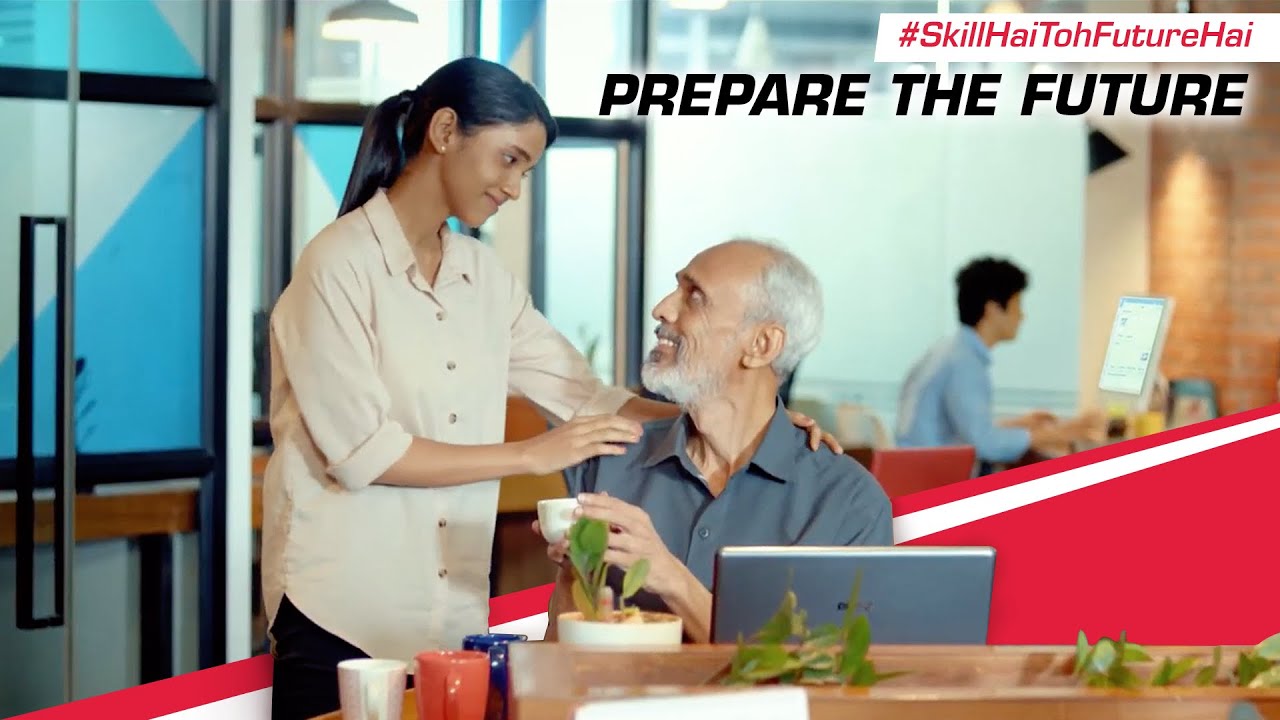 Dec 16, 2020
Dec 16, 2020#Skillhaitohfuturehai: Mahindra's Flagsh...
-
 Dec 15, 2020
Dec 15, 2020#OLA Invests ₹2400 Crores For Our Futur...
HIGHLIGHTS
- Realme Pad Specifications Teased, Will C...
- MARKETS: Sensex Down 300 Pts, At Days Lo...
- Afghanistan Crisis Live Updates: NIA Chi...
- Women Will Be Admitted To NDA, "Historic...
- Taliban's New Education Minister Says Ph...
- India's T20 World Cup Selection Question...
- New JioFiber Quarterly Broadband Plans I...
- Explained: How Your Cat Got Its Stripes...
- Who Is Aesha Mukherji? All You Need To K...
- Long Live Test Cricket While We've Virat...


